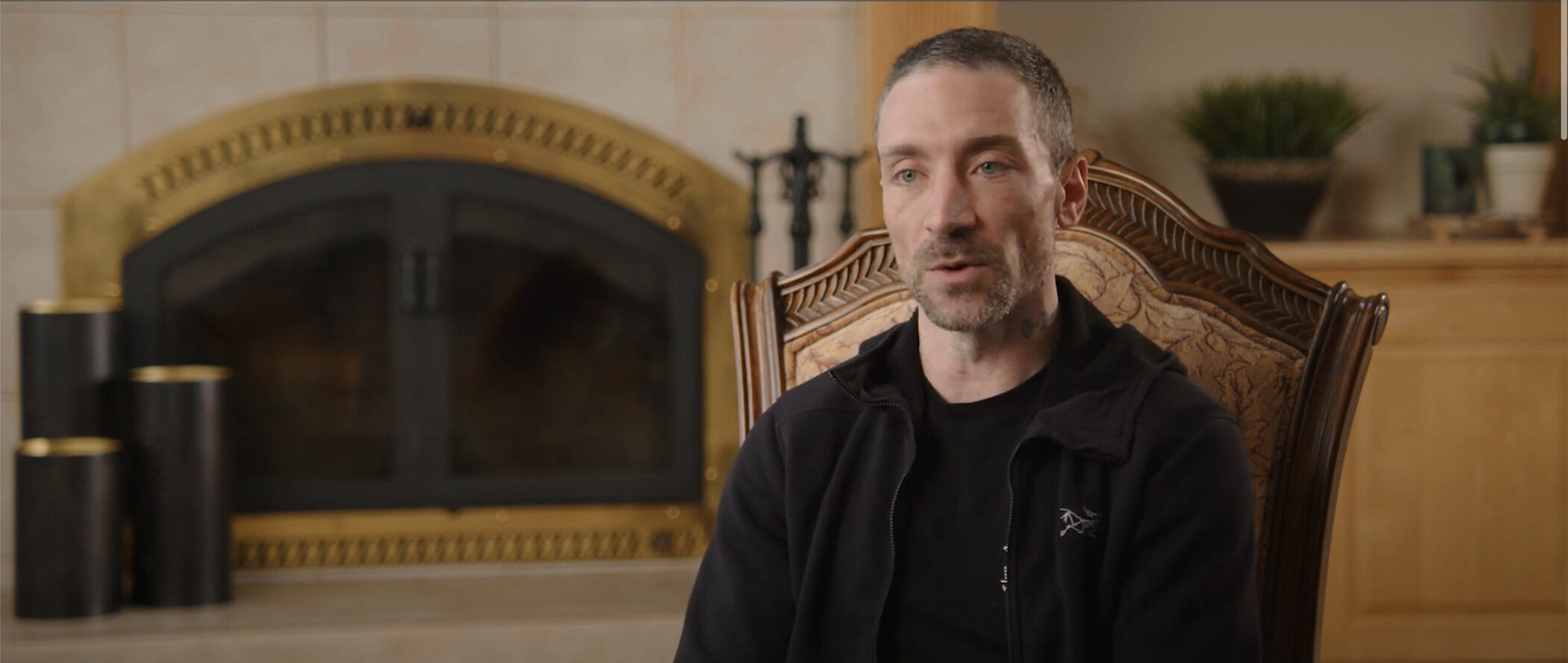Last week Oil giant BP Exploration and Production Inc. settled a series of federal charges related to its conduct in the 2010 DEEPWATER HORIZON disaster, which killed 11 people and caused the largest environmental disaster in U.S. history.
In addition to pleading guilty to 11 counts of felony manslaughter, one count of felony obstruction of Congress, and violations of the Clean Water and Migratory Bird Treaty acts, Attorney General Eric Holder announced the company will pay US$4 billion in criminal fines and penalties.
Holder said the settlement has been set up so that more than half of the money paid out will go directly to residents of the Gulf Coast region.
“Our work is far from over,” Holder said at the Thursday press conference. “Our criminal investigation remains ongoing.”
Two top-ranking BP supervisors aboard the Deepwater Horizon on April 20, 2010 – Robert M. Kaluza, 62, of Henderson, Nev., and Donald J. Vidrine, 65, of Lafayette, La. – have been charged with engaging in negligent conduct in a 23-count indictment that includes felony manslaughter charges.
Part of the agreement signed by BP admits that the two supervisors negligently caused the deaths and the resulting oil spill from the explosion.
Former BP executive David I. Rainey, 58, of Houston, has also been charged with obstructing Congress by giving false testimony on the amount of oil being released by the rig after it was destroyed.











